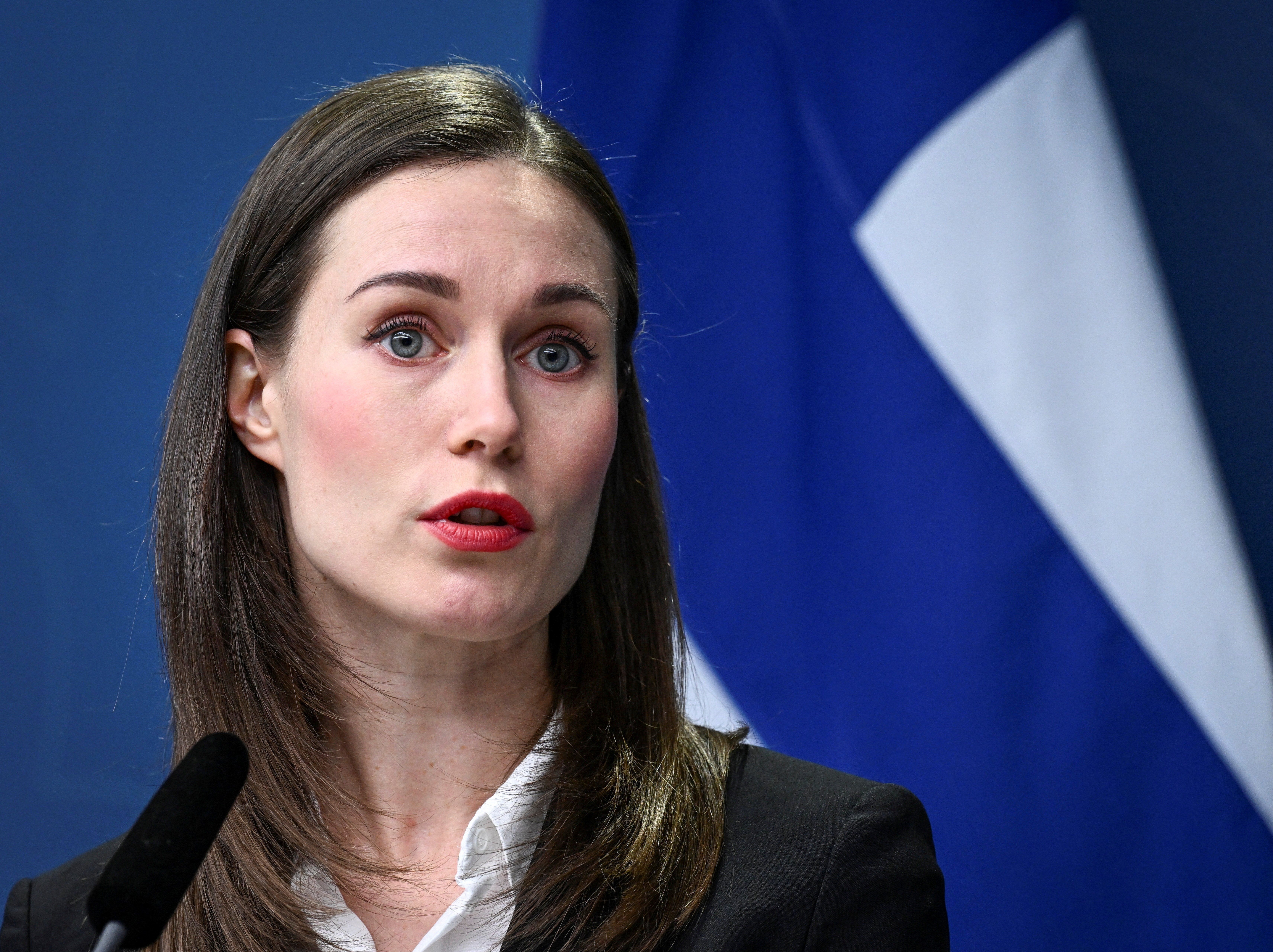This is a big moment for Finland. For decades, its leaders tried to safeguard its security by remaining officially neutral in conflicts between giant neighbor Russia and the West. A clear majority of Finns considered that the more prudent choice. Since the end of the Cold War, Finland has drawn closer to NATO but remained outside the alliance to avoid provoking the Kremlin.
Then Russia invaded Ukraine, and Finnish minds quickly changed. Polls say nearly 80% of Finns support full NATO membership, and the alliance is eager to welcome a valuable new partner.
Finland’s application cleared its one remaining hurdle on Thursday as lawmakers in Turkey, the last NATO member needed to make it official, approved Finland’s bid. Nothing left now but paperwork.
And this Sunday, voters in Finland will choose the party and prime minister who will lead the nation in this historic step. At stake are all 200 seats in Finland’s parliament, which are now divided among nine different parties.
Current Prime Minister Sanna Marin hopes her center-left Social Democrats will win enough seats to lead the next government, allowing her to finish the NATO process she pushed into motion last year. Polls suggest the race will be close because the center-right National Coalition Party and the far-right Finns Party both appear strong.
If the election becomes a referendum on personal attitudes toward Marin, her party has a good shot. A recent poll shows that nearly two-thirds of Finnish voters say she’s done a solid job leading the country through the pandemic and the crisis created by Russia’s war.
Marin’s party, however, is less popular than its leader, and the nativist Finns Party has seen its popularity surge. Led by Riikka Purra, another of the country’s rising female politicians, the Finns are known mainly for their pledge to end all migration into Finland from outside the European Union. The center-right National Coalition is led by Petteri Orpo, the only man to lead one of the country’s leading parties.
Because it’s so popular in Finland, NATO membership has figured only indirectly in the election campaign. Orpo says it’s irresponsible for Marin to mull the provision of fighter jets to Ukraine, for example. Instead, voter perceptions of Finland’s high-and-rising cost of living, the importance of the government balancing its books, and the future of immigration policy will decide which party is best positioned to lead a coalition government. (No individual party is likely to win more than 20-25% of seats. Post-election bargaining over partnerships will take time.)
But pocketbook issues aside, Finland’s next prime minister will lead a NATO country with a Russian border that’s as long (more than 800 miles) as those of all other NATO countries put together. Moscow is very likely to reinforce its military presence – and make occasional mischief – along that long frontier.
Across the line, Finland has the largest and best-equipped artillery forces in Western Europe, according to the Wilson Center, a US think tank, as well as a conscription system that could mobilize 280,000 soldiers with hundreds of thousands more in reserve. This is a force NATO is glad to welcome.
In short, on Sunday, Finnish voters may focus mainly on their economic future, but the government they elect will face security choices and risks that no Finnish prime minister has ever faced.
